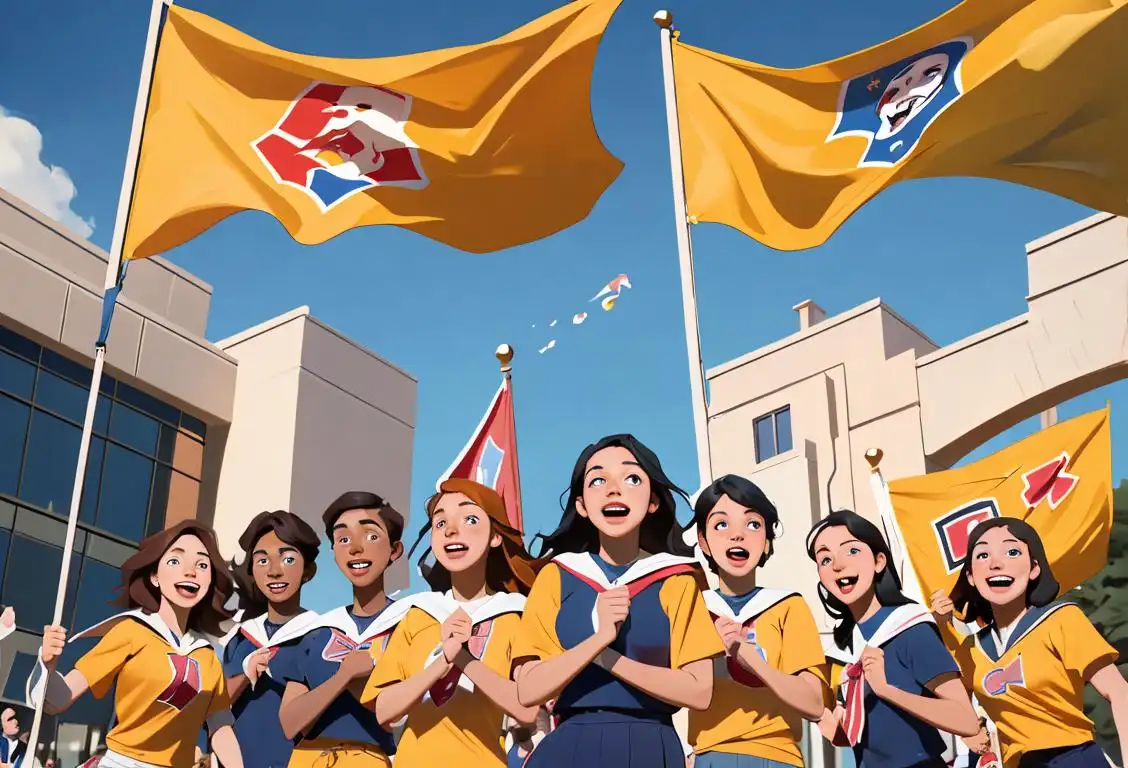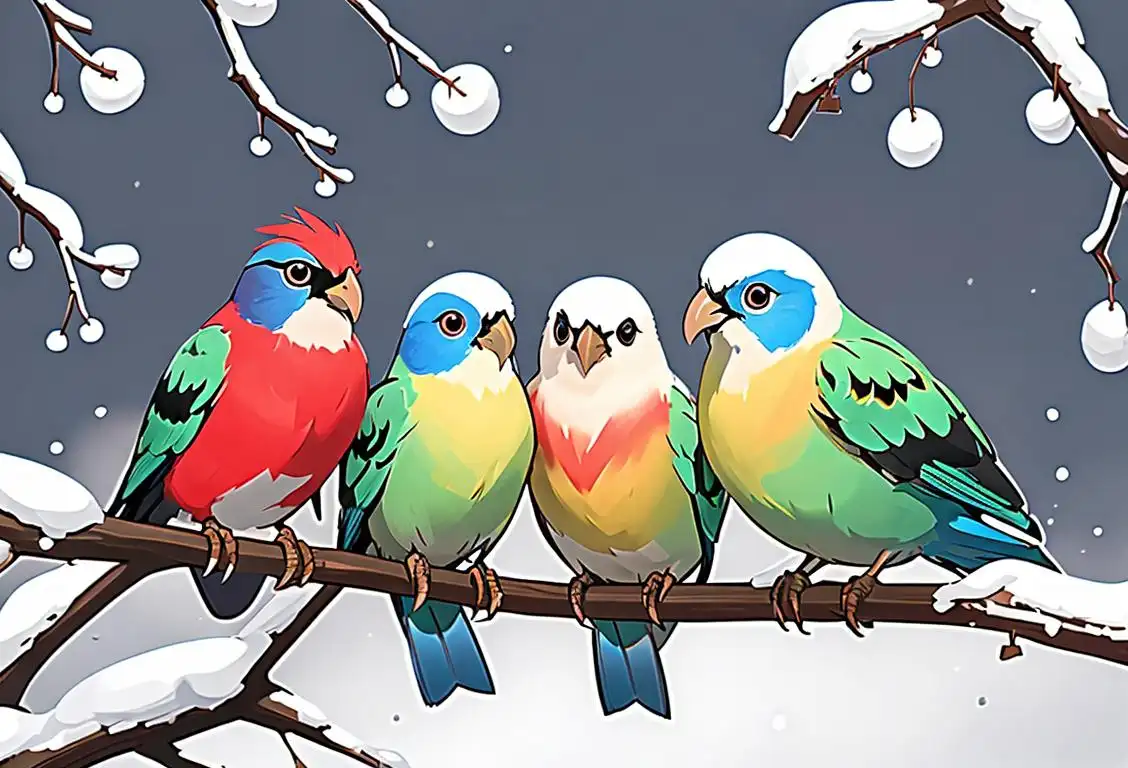National Students Day

Are you ready for a journey down memory lane, all the way back to when you were a delightful creature known as a student? It's time to dust off those old textbooks and sharpen your pencils because we're diving into the online history of National Students Day, garnished with the perfect blend of fun and nostalgia.
When is Students Day?
It's national students day on the 9th July.
The Digital Tale of National Students Day
With an uproar of 2481 recorded mentions, National Students Day made quite the buzz across the internet. A day dedicated to hard-working, sometimes well-slept (but mostly sleep-deprived), future builders of our world, the students. Think of this day as a testament to them, their persistence, and their potential to change mankind as we know it. It turns out, the most internet mentions about our beloved students' day were recorded on the 9th of July 2020 - talk about trending, eh?
Why the Brouhaha?
The celebration of National Students Day is more than just marking students' contribution. It's a day to reminisce about our journey as students. Those innocent first-day-at-school jitters, the legendary schoolyard tales, and yes, even the dreaded examinations. The day takes us back to simpler times and inspires us to strive for continuous learning.
Facts Beyond The Books
Now, here's where it gets more interesting. You might think National Students Day just entails binge-reading textbooks or attending seminars. Well, think again. It's not just about the academics. It's also about games, food, and, more importantly, fun! The day promotes all-around development and the core values of sportsmanship and camaraderie.
History behind the term 'Students'
1088
The Birth of Universities
In the year 1088, the University of Bologna in Italy was established, making it the first university in the world. The word 'students' eventually evolved from the Latin term 'studentes,' which means 'those who study.' The establishment of universities marked a significant turning point in history, as it provided a formalized education system for individuals seeking higher learning.
13th Century
Rise of Student Guilds
During the 13th century, student guilds started to emerge in universities across Europe. These guilds were formed by students to protect their rights and interests. They often had their own seals, rules, and elected officials. The student guilds played a crucial role in organizing social events, resolving conflicts, and advocating for the rights of students.
15th Century
The Beginnings of Student Life
By the 15th century, universities became vibrant centers of learning and social life. Students developed their own traditions and customs, forming tight-knit communities. The term 'student' became synonymous with young individuals pursuing education and engaging in a distinct lifestyle that included intellectual pursuits, socializing, and various extracurricular activities.
17th Century
The Rise of Student Organizations
In the 17th century, student organizations began to emerge, fostering a sense of camaraderie and intellectual exchange among students of similar interests. Examples of such organizations include literary societies, debating clubs, and fraternities. These groups played a vital role in shaping the cultural and social aspects of student life.
19th Century
Expansion of Student Movements
During the 19th century, student movements gained traction across various countries. These movements were often influenced by political ideologies and aimed to bring about changes in society. Students became active participants in protests, advocating for political reforms, freedom of speech, and social equality. Their activism left a lasting impact on shaping many societies.
20th Century
Diversification of Student Population
The 20th century witnessed a significant diversification of the student population. Previously, higher education was predominantly accessible to privileged individuals. However, with the expansion of educational institutions and social reforms, education became more accessible to people from diverse backgrounds. This led to a more inclusive and representative student community.
21st Century
Digital Revolution and Online Learning
In the 21st century, the rise of the internet and digital technologies revolutionized the way students learn. Online platforms and e-learning became integral parts of the educational landscape. Students now have access to a vast array of resources, virtual classrooms, and collaborative tools. The term 'students' now encompasses those engaged in traditional on-campus learning as well as those pursuing online education.
Did you know?
Did you know that according to our database records, National Students Day sparked the most internet chit-chats on July 9th, 2020? It seems like it was indeed an extra special day for the students that year!Tagged
awareness fun sports education National Students DayFirst identified
1st April 2015Most mentioned on
9th July 2020Total mentions
2481Other days
Students Day
College Colors Day
Student Athlete Day
Education Day
Memorial Day
Bird Day
Gymnastics Day
Foundation Day
Cancer Survivors Day
Dance Day








